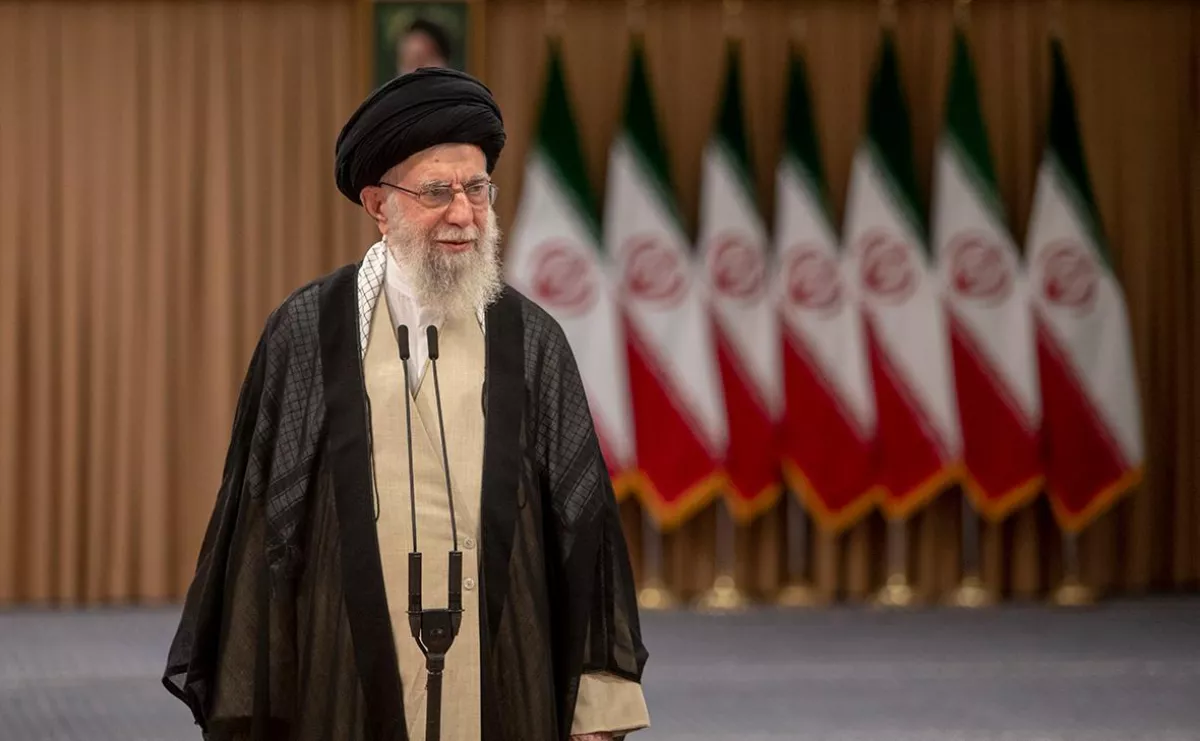ISW: Iran faces internal debate, uncertainty over its Syria policy Following Assad’s regime collapse
Iran's leadership is grappling with the collapse of Bashar al-Assad's regime in Syria, leaving the country’s long-standing policies in the region under intense scrutiny.
According to reports from five unnamed Iranian officials, including members of the Islamic Revolutionary Guards Corps (IRGC), the Iranian government is feeling "disoriented" and "befuddled" by recent developments in Syria. These sources conveyed to The New York Times on December 13 that the regime is searching for a new approach to its involvement in Syria and is open to any level of diplomatic engagement in the country, Caliber.Az reports citing the Institute for the Study of War (ISW).
The regime's internal confusion has sparked a wider debate, with discussions taking place at various levels of Iranian society about the country’s future strategy in Syria. While Iran’s political elite evaluates the situation, ordinary citizens and media outlets have become increasingly vocal in their criticism of the government’s long-standing financial and military support for the Assad regime. Many argue that Tehran has poured vast resources into the Syrian conflict at the expense of its own economic development.
Shia cleric Mohammad Shariati Dehghan recently emerged as one of the more prominent critics, suggesting that Iran should refocus its priorities by strengthening relationships with other nations rather than continuing to support militias in the region. Dehghan called for the redirection of resources back to Iran's domestic needs, particularly to benefit the Iranian people. Although Dehghan’s influence in policymaking is limited, his statements may reflect growing discontent and the possibility of broader public discussions about Iran's regional strategy post-Assad.

In a response to such criticisms, Iranian Supreme Leader Ali Khamenei condemned remarks like Dehghan's as "criminal" during a speech on December 13, further highlighting the tension within the Iranian regime as it confronts both internal and external challenges. With the fall of Assad’s regime casting uncertainty over Tehran's regional objectives, Iran appears to be at a crossroads, reevaluating its role in Syria and its broader Middle Eastern policies.
By Vafa Guliyeva








